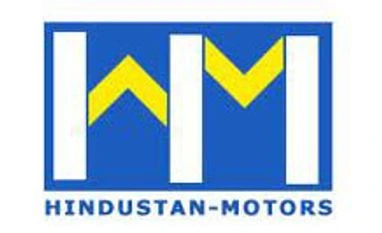“The company is arranging funds to introduce a second round of VRS. It will happen soon and, hopefully, most employees will opt for it,” a person familiar with the development said.
The first VRS offered cash compensation of Rs 100,000 each with settlement of all statutory dues such as provident fund and gratuity. A second VRS has to better this offer.
More From This Section
Production of the Ambassador vehicle is ruled out from the plant. The company is learnt to be in talks with a few companies outside the automobile component manufacturing space. “Manufacturing cars is a slim possibility there but the facility can be used fruitfully with some arrangement,” the person said. Hindustan Motors stopped production of the once iconic Ambassador car in May 2014, due to low demand and losses. It incurred a loss of Rs 42 crore in the year ended March.
“To revive operations, the company has been scouting for tie-ups with investors and strategic partners who can introduce a newer product portfolio and infuse capital ,” Hindustan Motors said in its annual report for 2014-15. The C K Birla Group company transferred its second plant, in Chennai, to Hindustan Motor Finance in March 2014 as part of a restructuring process. The Chennai plant is engaged in the manufacture and trading of passenger vehicles like Pajero Sport, owned by Mitsubishi Motors of Japan. The plant is also doing contract manufacturing of vehicles for Isuzu Motors India.
Hindustan Motors, established in 1942 by Birla's grandfather, B M Birla, was the first car maker in India. The first 40 years of the Ambassador's drive were terrific. By the end of the 1970s, it had a market share of 75 per cent. Its fortunes declined rapidly, especially in the nineties with the growing popularity of cars manufactured by companies like Maruti Suzuki and Hyundai Motor. Immediately before its closure, the plant was just operating at 20 per cent of the monthly capacity of 3,500 vehicles.
)